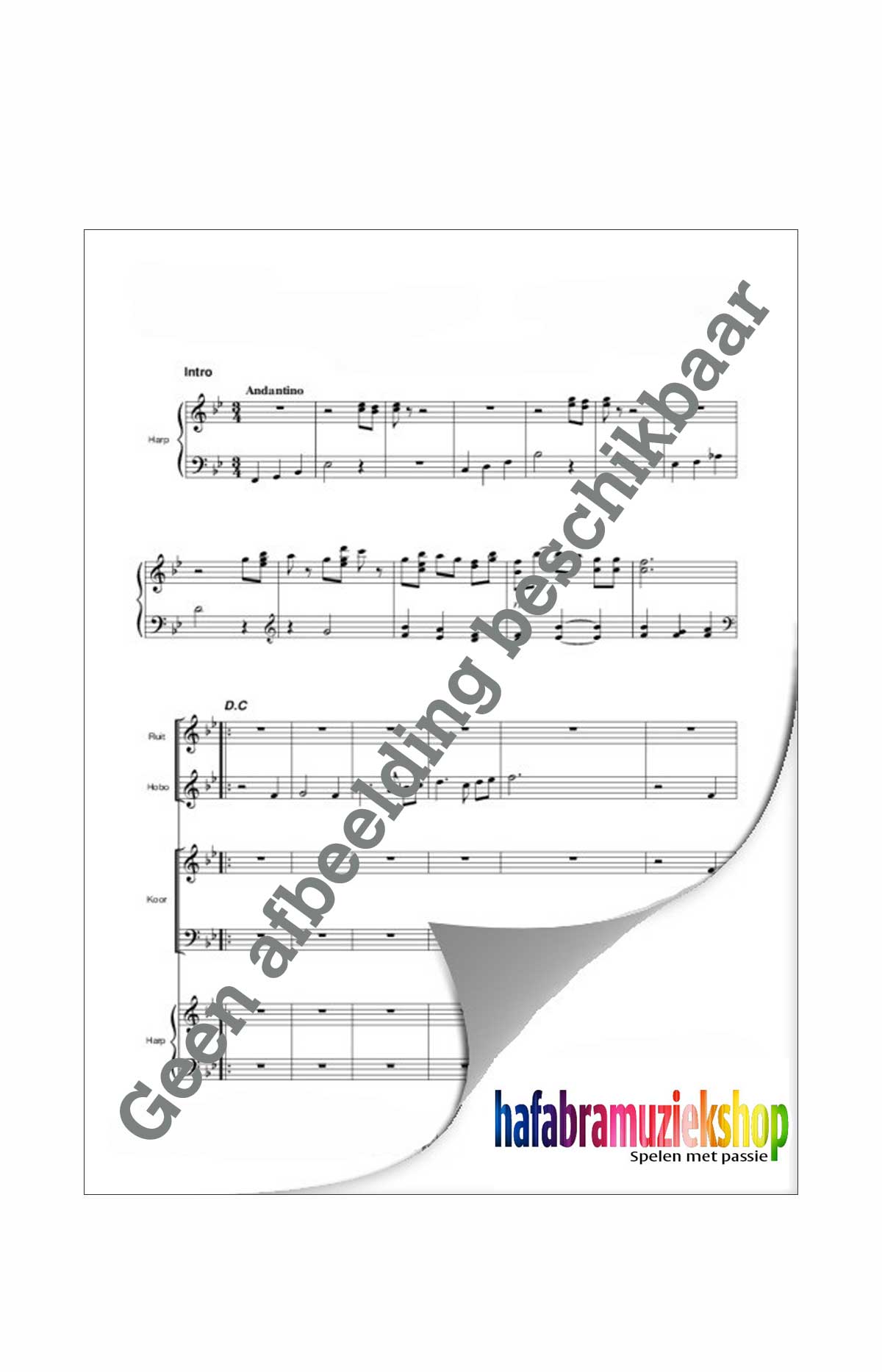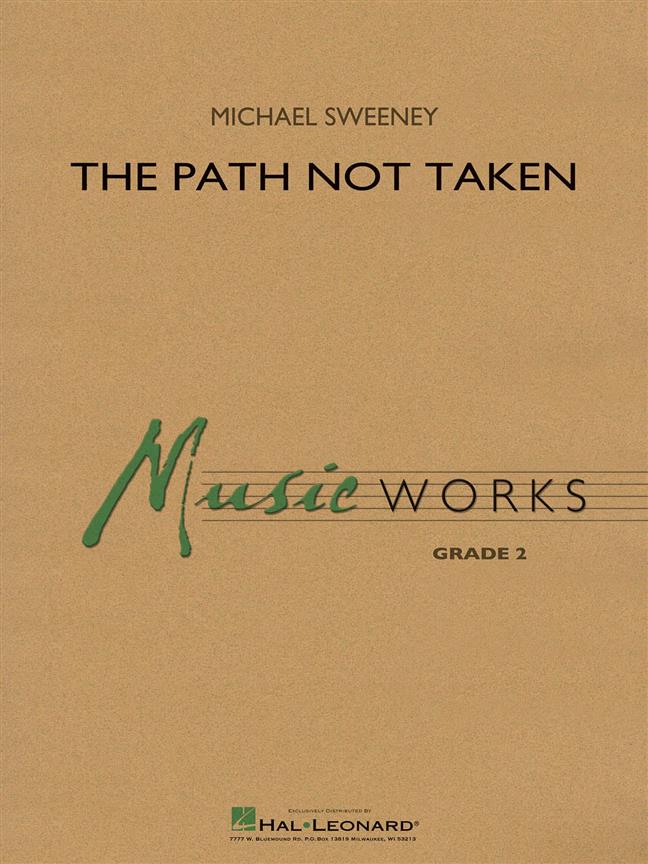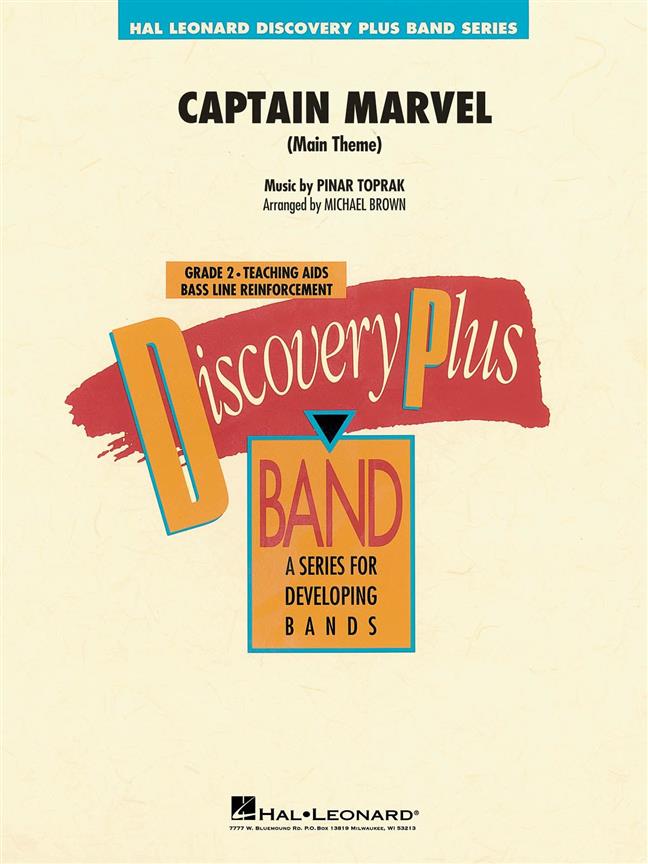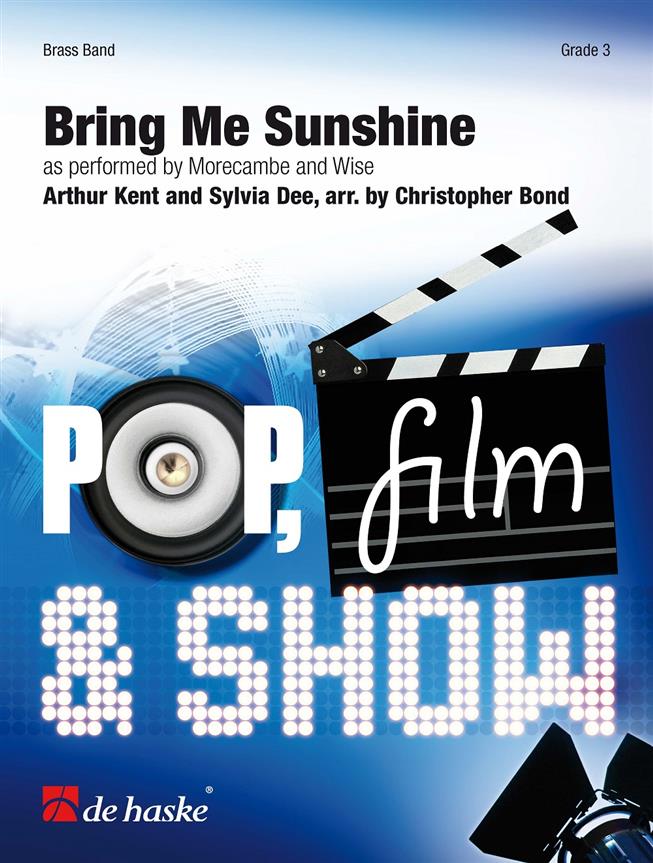Beschrijving
“Lawrence of Arabia” (1962) is the filmic retelling of Britishman T. E. Lawrence’s (1888-1935) heroic, autobiographical account of his own Arabian adventure, published in “The Seven Pillars of Wisdom”. The cinematic “men’s film” is a superb character study of a compelling cult hero, a dark personal nature, and an obsession with Arabia itself. The film conveys the enigmatic, complex life and exploits of an eccentric, rebellious, desert-loving, messianic, Oxford-bred British Army officer, who aids the Arabian Bedouins against the Turks, at that time allies of Germany, during World War I. His extraordinary knowledge of the politics and culture of the Mideast allows him to organize the various, wilful Arab tribes to repel enemies of the British. Originally the French composer Maurice Jarre (*1924) wanted to become an electrical engineer. However, the curriculum in Lyon did not satisfy him and he consequently decided to torn to music. To do that, he enrolled in the Paris Conservatoire. There Aubert and Honegger were his teachers, he made rapid progress and in 1950 he became the musical director of the Théâtre National Populaire. Since that time he has been standing up for contemporary French music. Jarre composed several ballets and a lot of stage music, but it is his music which he composed for numerous films that made him famous all over the world. Among his scores which attracted international attention are “The Longest Day”, “To Die in Madrid”, “The Collector”, “Lawrence and Arabia” and “Doctor Zhivago“. “Lara’s Theme” from that film even became a hit at that time. Hans van der Heide adapted the overture of the catching score for “Lawrence of Arabia” for symphonic wind band and thus opened up an evergreen of film scores for wind instruments.




